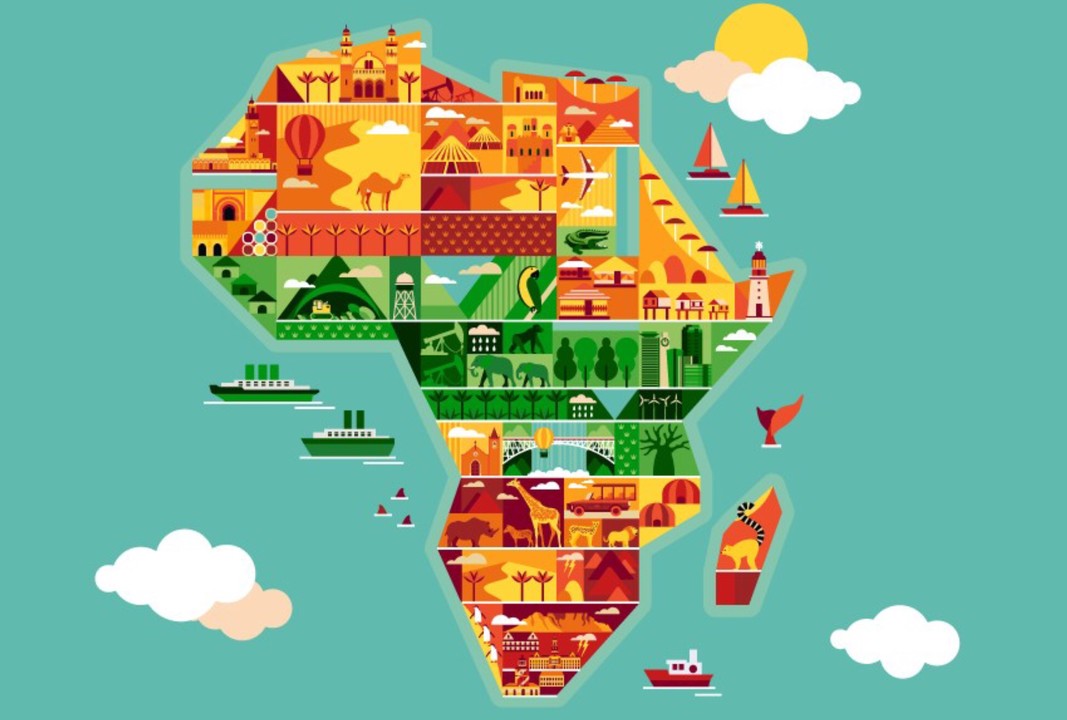
When we talk about the strength of a country’s economy, one of the first measures that comes to mind is Gross Domestic Product (GDP).
This term is frequently mentioned in economic discussions, news reports, and policy briefs. But what does GDP mean? And, more specifically, how do the percentages of GDP contributions by different African countries reflect their influence on the continent’s total economy?
GDP is the total monetary value of all the goods and services produced within a country’s borders over a specific period, typically a year. It is a scorecard of a country’s economic health, which shows how well a nation is utilizing its resources to produce wealth.
There are three common ways to calculate GDP: by production, which is the total value of goods and services produced; by income, which sums wages, profits, and taxes minus subsidies; and by expenditure, which measures total spending on a nation’s goods and services.
Africa’s 54 countries contribute differently to the continent’s total GDP. Some nations stand out as economic powerhouses, while others are emerging or struggling due to various challenges such as political instability, poor infrastructure, or lack of diversification.
As of 2023, Egypt held the largest share of Africa’s GDP at 13.63%, according to data from Statisense, sourced from IMF, followed by South Africa with 13.01%, and Nigeria in third place with 12.50%.
The International Monetary Fund (IMF) also shares this positive sentiment, predicting that six of the top 10 performing economies worldwide in 2024 will be from Sub-Saharan Africa.
Below are the top 10 African countries and their contribution to Africa’s GDP:
| Rank | Country | Share of GDP |
|---|---|---|
|
1 |
Egypt |
13.63% |
|
2 |
South Africa |
13.01% |
|
3 |
Nigeria |
12.50% |
|
4 |
Algeria |
8.26% |
|
5 |
Ethiopia |
5.65% |
|
6 |
Morocco |
4.85% |
|
7 |
Sudan |
7.75% |
|
8 |
Kenya |
3.68% |
|
9 |
Angola |
2.92% |
|
10 |
Tanzania |
2.72% |









